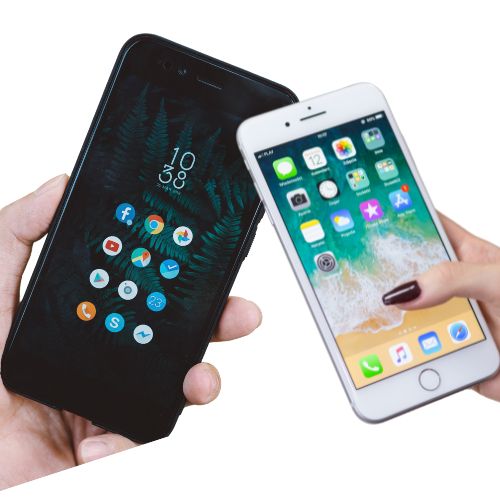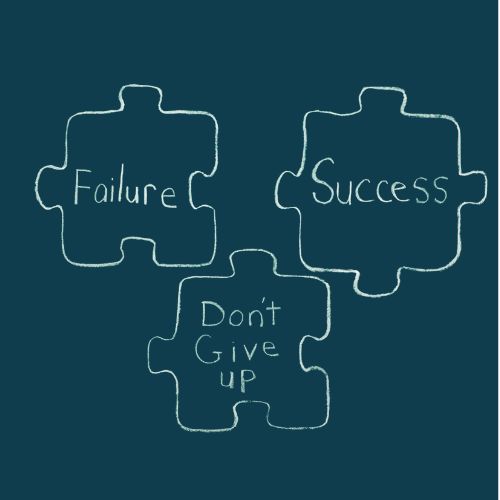
Technology & Gadgets
iPhone vs. Android: Which Ecosystem Is Better for You?
In today’s digital age, choosing a smartphone often boils down to two dominant platforms: iPhone and Android. Both ecosystems offer unique features, advantages, and challenges that cater to different user preferences. This guide will help you understand the key differences between iPhone and Android, enabling you to make an informed decision about which ecosystem is best suited for your needs.
1. Understanding the Ecosystems
What Is an Ecosystem?
- An ecosystem in the context of smartphones refers to the combination of hardware, software, applications, and services that a manufacturer provides. It encompasses not just the device itself but also the operating system (OS), apps, and related services that enhance user experience.
2. Key Differences Between iPhone and Android
When comparing iPhone and Android, consider the following aspects:
a. Operating System
- iPhone: Runs on Apple’s iOS, known for its smooth performance, intuitive interface, and consistent updates across devices.
- Android: Developed by Google, Android OS is customizable and offers a wide range of devices from various manufacturers, resulting in a diverse user experience.
b. Device Variety
- iPhone: Apple offers a limited number of models each year, focusing on premium quality and a cohesive ecosystem.
- Android: A vast array of devices is available, ranging from budget to high-end models, allowing users to choose based on their preferences and budget.
c. App Store and App Quality
- iPhone: The App Store is known for its strict quality control, often resulting in high-quality apps. Many developers release new apps and updates first on iOS.
- Android: Google Play Store offers a wider selection of apps, including free options. However, the open nature of the platform can lead to inconsistent app quality.
3. Pros and Cons of Each Ecosystem
iPhone
Pros:
- User-Friendly Interface: iOS is known for its simplicity and ease of use, making it accessible for all ages.
- Regular Updates: Apple provides regular updates to its devices, ensuring users receive the latest features and security enhancements.
- Strong Security Features: iPhones are often considered more secure due to Apple’s closed ecosystem and emphasis on user privacy.
Cons:
- Limited Customization: Users have limited options for customizing their interface compared to Android.
- Higher Price Point: iPhones tend to be more expensive, with fewer budget-friendly options available.
Android
Pros:
- Customization Options: Android allows extensive customization of the home screen, widgets, and settings, catering to users who prefer a personalized experience.
- Variety of Devices: With many manufacturers producing Android phones, users can find devices that fit various budgets and preferences.
- Integration with Google Services: Android devices offer seamless integration with Google services, making it easier to manage productivity tools like Google Drive and Gmail.
Cons:
- Inconsistent Updates: Due to the diversity of manufacturers, Android updates may not be available immediately across all devices, leading to fragmentation.
- Variable App Quality: The open nature of the Play Store can result in lower-quality apps or potential security risks.
4. Which Ecosystem Is Right for You?
Choosing between iPhone and Android largely depends on your personal preferences and priorities. Consider the following factors:
a. Budget
- If you’re looking for premium features and quality, an iPhone may be the right choice, though it comes at a higher price.
- For budget-conscious users, Android offers a variety of options across different price ranges, ensuring you can find a device that meets your needs.
b. Customization Needs
- If you enjoy customizing your device and interface, Android is the better choice due to its flexibility.
- If you prefer a straightforward, user-friendly experience with minimal customization, the iPhone’s iOS may be more suitable.
c. App Ecosystem
- If you rely on specific apps or want access to the latest releases, iPhone may be advantageous due to its developer focus.
- If you want a broader selection of apps and more free options, Android’s Play Store may better serve your needs.






